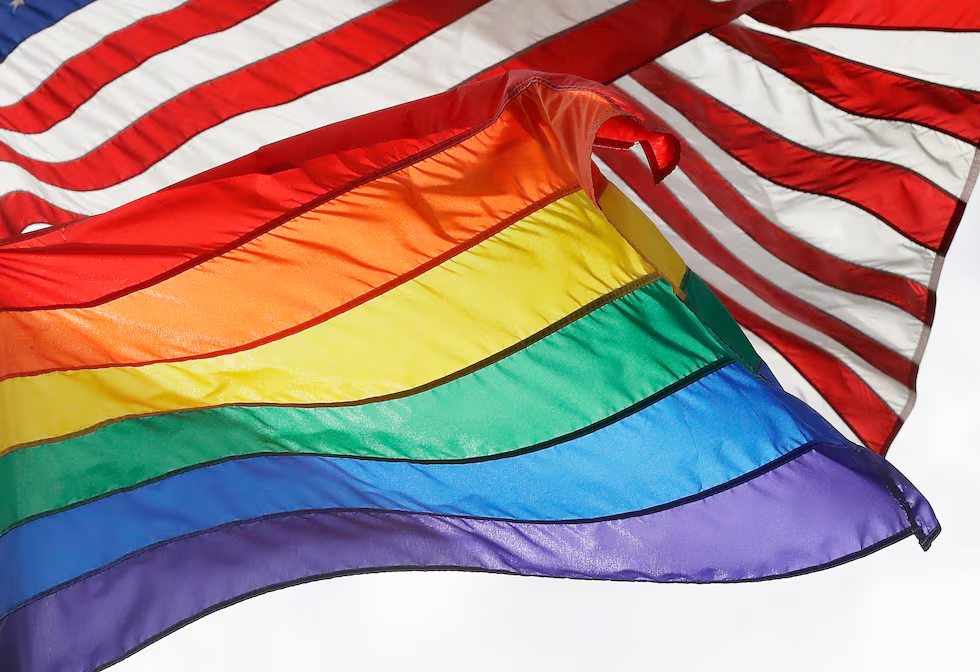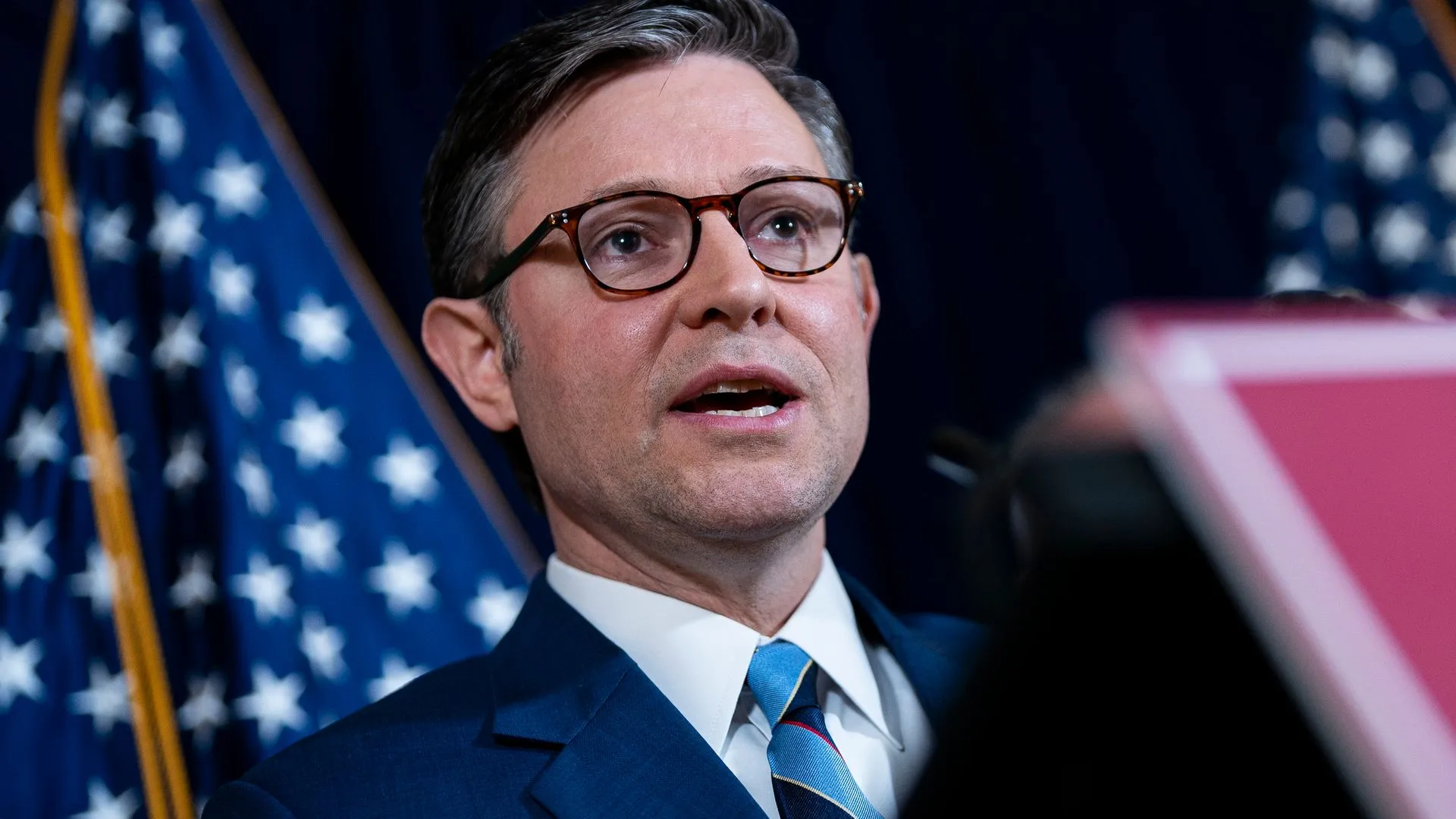Former First Lady Michelle Obama is once again making headlines for a remark many view as a pointed jab at her husband, former President Barack Obama. In a new episode of her podcast “Michelle Obama: The Light Podcast,” Michelle reflected on parenting with guest Angie Martinez and her brother, Craig Robinson, and made a striking comment: “I’m so glad I didn’t have a boy… because he would’ve been a Barack Obama.”
Michelle’s offhand comment drew laughs from her co-hosts, but it raised eyebrows among political observers. With a subtle shake of her head, she added, “No, I would’ve felt for him,” suggesting that raising a boy with traits like her husband’s might have been more of a burden than a blessing. Though said with humor, the implication was hard to miss.
The conversation unfolded during a discussion about parenting differences between boys and girls. When Martinez asked if Michelle ever wished she had a son, the former First Lady responded emphatically that she was relieved not to. The remarks come at a time when Michelle has been more open about the realities of her marriage and motherhood since leaving the White House.
Michelle Obama has been taking jabs at her husband amid divorce rumors.
Earlier this year Michelle blasted Barack for being irresponsible.
Earlier this year, she told a live audience that she married a man who “wasn’t financially secure,” prompting a moment of awkwardness as Barack sat nearby. She has also previously commented on how their marriage suffered during his presidency, saying she “couldn’t stand” him for a period of years.
Barack, for his part, has acknowledged the strain. During the same event, he referred to his marriage as being in a “deficit” and said that after eight years in office, he was trying to “dig himself out of a hole.” While these comments have been presented publicly with laughter and smiles, they reveal tensions that continue to simmer beneath the surface.
To her credit, Michelle did offer a more complimentary reflection during a Father’s Day tribute. She called Barack a “tremendous father” and credited him for being consistently present for their daughters, Malia and Sasha, despite the extraordinary demands of his presidency. But even this praise came in contrast to the tone of her podcast remarks, further highlighting the inconsistency in her public portrayal of their relationship.
For many conservative Christian listeners, Michelle’s recent comment underscores a pattern of undermining traditional family roles. Rather than honoring her husband’s influence as a father figure, her words suggest regret or even disdain at the idea of raising a son who might mirror him. It raises questions about how modern feminist ideals have reshaped the expectations of motherhood and marriage, particularly among high-profile political families.
It’s no secret that Michelle has long positioned herself as more than just a former First Lady. She has built a brand around empowerment, self-care, and emotional honesty—often offering advice to women about putting themselves first. While this resonates with some, others see it as part of a broader cultural shift that undervalues the biblical roles of wifehood and motherhood. Her comment about not wanting a “baby Barack” could be seen as emblematic of that mindset.
Your view is that her remark reflects deep frustration with the choices and character of her husband. Rather than offering gentle correction or public support, she continues to inject sarcasm into her public commentary—further signaling the fractures in their marriage. From a biblical perspective, this could be viewed as dishonoring and unhelpful, especially when broadcast to millions of listeners.
What’s more troubling, perhaps, is the laughter surrounding her comment. There was no challenge from the hosts—only amusement. In an age where fathers are increasingly marginalized in culture and media, this kind of public mockery from a wife, no matter how subtle, sends a message that fatherhood is something to be avoided, not embraced.
Michelle’s comment about avoiding a son “like Barack Obama” comes across not just as marital banter, but as a deeper expression of how she views the role her husband played in their family life and possibly in the country. This fuels further speculation that all is not well behind the curated images of unity.
Her words, while likely delivered with a sense of humor, reflect the broader cultural tension between personal empowerment and traditional family values. For Christian conservatives, this moment serves as another reminder of how far public figures have drifted from the biblical model of marriage rooted in mutual respect, honor, and love.
Ultimately, Michelle’s podcast may be entertaining, but it also continues to erode the very image the Obamas once projected as a strong, stable, and unified family. With every backhanded comment, the cracks become harder to ignore, especially when the punchlines come at her husband’s expense.






